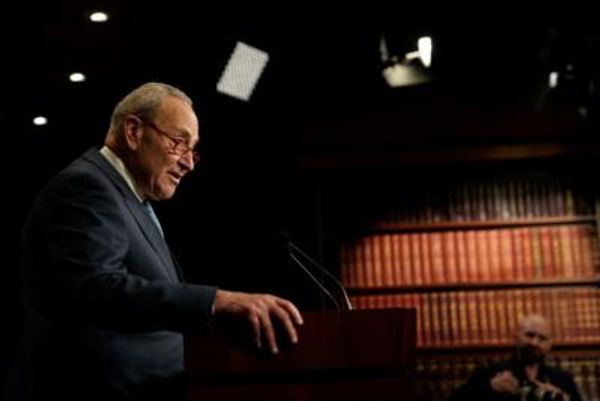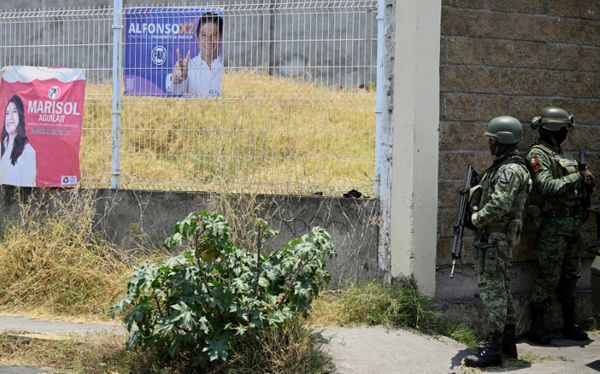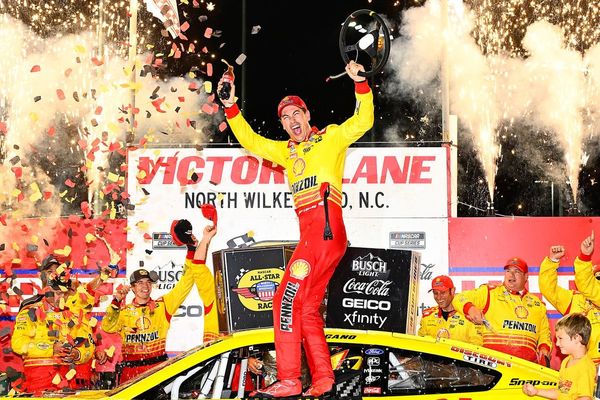
Rishi Sunak pushed “very hard” for a lifting of all lockdown restrictions during a meeting in July 2021 where Boris Johnson referred to people as “malingering” and “workshy”, the Covid inquiry has heard.
The then chancellor and prime minister were pitted against the “more cautious” approach of Michael Gove and Sajid Javid during the meeting, which took place when Covid-19 cases and hospital admissions were rising, according to a diary entry by the then chief scientific adviser Sir Patrick Vallance.
“PM looks downbeat and talks of grim predictions,” the entry read. “[Javid] says ‘we are going to have to learn to live with it’, ‘and die with it’, PM says.”
Javid, who was the health secretary from June 2021 to July 2022, told the inquiry on Wednesday it was “possible” that Johnson had said the words attributed to him.
“The prime minister in these meetings often said things that were hard to determine what he actually thought versus a joke,” he said. “Even when you were discussing something as important as this.”
The same entry recorded: “[Sunak] pushes very hard for faster opening up and fuller opening up. Getting rid of all restrictions. Repeats his mantra ‘we either believe in the Vx [vaccine] or we don’t’. I pointed out we would be facing a lockdown now if it was not for the Vx.”
Referring to Johnson, it added: “He says he wants everyone back at work ‘we can’t have the bollocks of consulting with employees and trade unions. They need to come back to work. All the malingering workshy people.’”
Vallance concluded in the entry that the whole meeting was “political posturing” and that civil service officials were worried. He said he and the chief medical officer for England, Sir Chris Whitty, had made the risks “very clear”.
However, a claim by Javid that Johnson was not in charge of the government during the pandemic and that his chief adviser, Dominic Cummings, was “prime minister in all but name” was later contradicted when Dominic Raab gave evidence.
“I just don’t accept the characterisation that there was some sort of puppet regime,” the former foreign secretary told the inquiry.
Raab, who resigned this year after a report on alleged bullying behaviour towards civil servants, mounted a defence of Cummings, who has been accused of contributing to a toxic environment at No 10.
Cummings was there to “galvanise the direction of travel” and act as “some grit in the oyster”, Raab told the inquiry.
In tetchy exchanges, he accused the counsel for the inquiry Andrew O’Connor KC of being “dismissive” when O’Connor suggested Raab was resorting to “management speak” as Raab told the inquiry about his theory of taking what he called a “perpetual beta” approach to decision-making in crises.
“In any crisis it’s not going to be a manicured response and there will certainly be people who feel bruised by the pressure. Sometimes that will be because someone has behaved inappropriately. I get it,” Raab said, adding that there was a broader problem of delivery in Whitehall.
Raab defended his going on a series of overseas government trips and on a family skiing holiday as the pandemic loomed and as initial cases were appearing in Britain, insisting he very rarely went on holiday in what was a “gruelling” role and that he would have been umbilically linked to chains of communication no matter what.
The former minister also told of how he was given “five minutes’ notice” in April 2020 that he was to deputise for the prime minister, who had been hospitalised with the virus. Planning before it had been “pretty sparse”, he said, but there had been an understanding when he was first appointed as deputy prime minister by Johnson, who he said had told him: “You’ve got my back.”
Raabs said one of his first acts was to “get the team together” and convene a cabinet meeting, and he insisted he was aware of how the moment was perceived.
He said: “I didn’t want anyone saying that Dom Raab’s enjoying this a bit too much, because I wasn’t, and I was there to do a job.”







